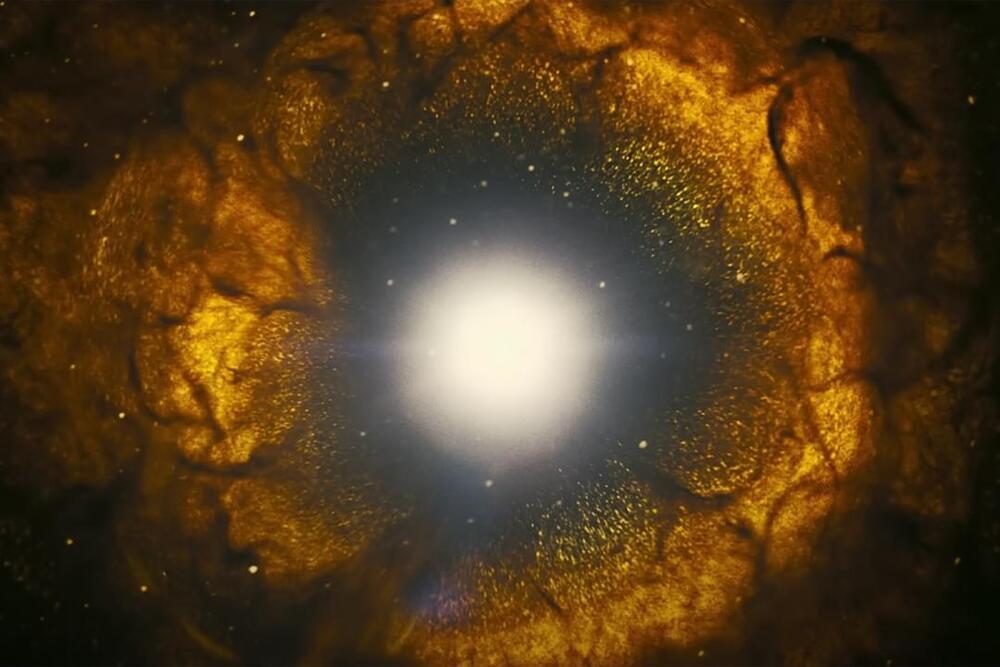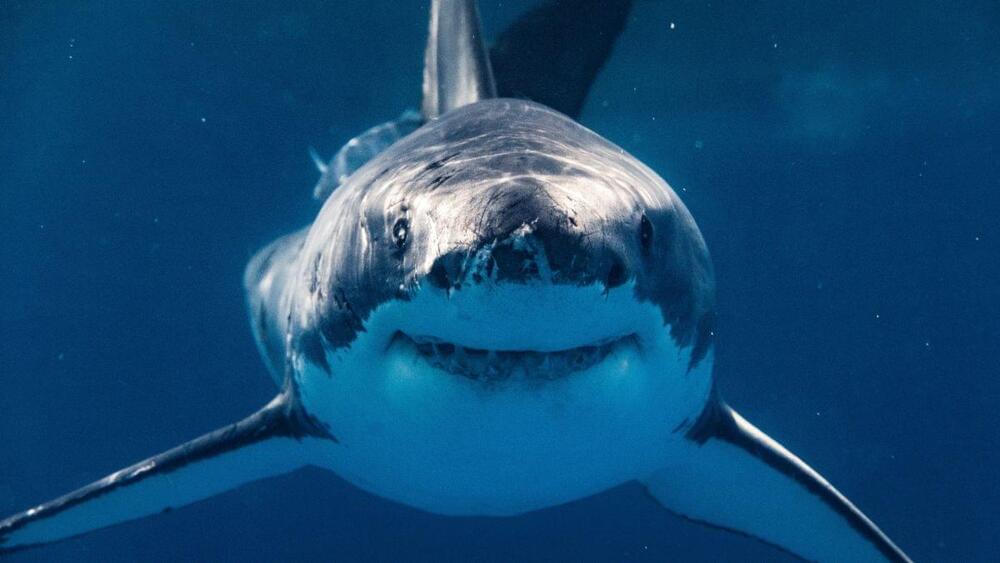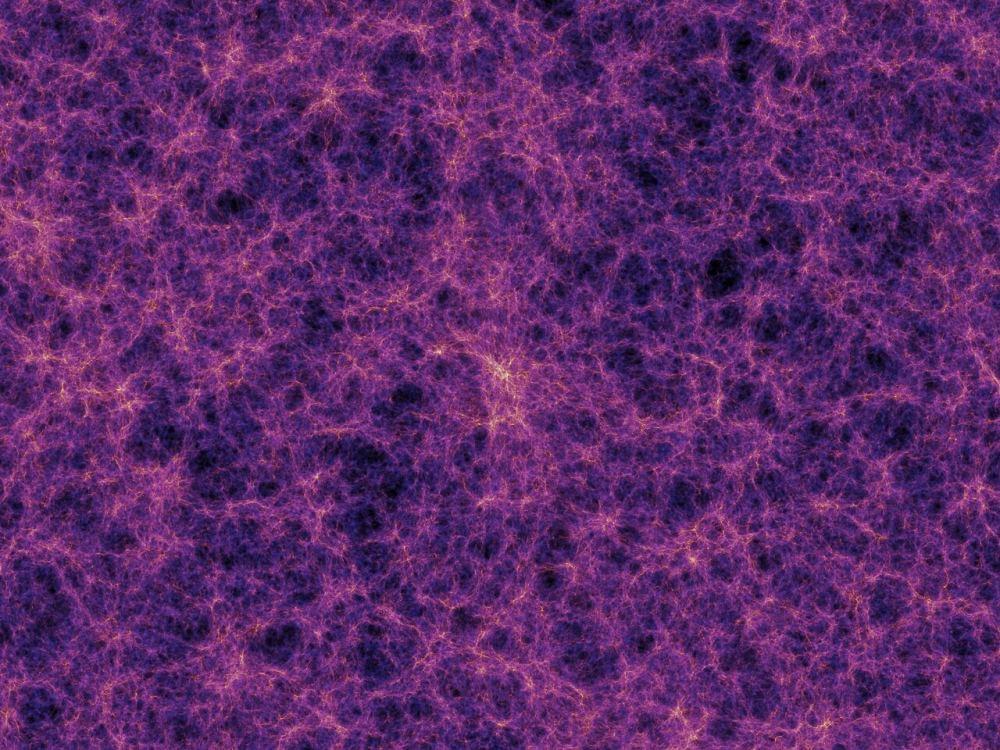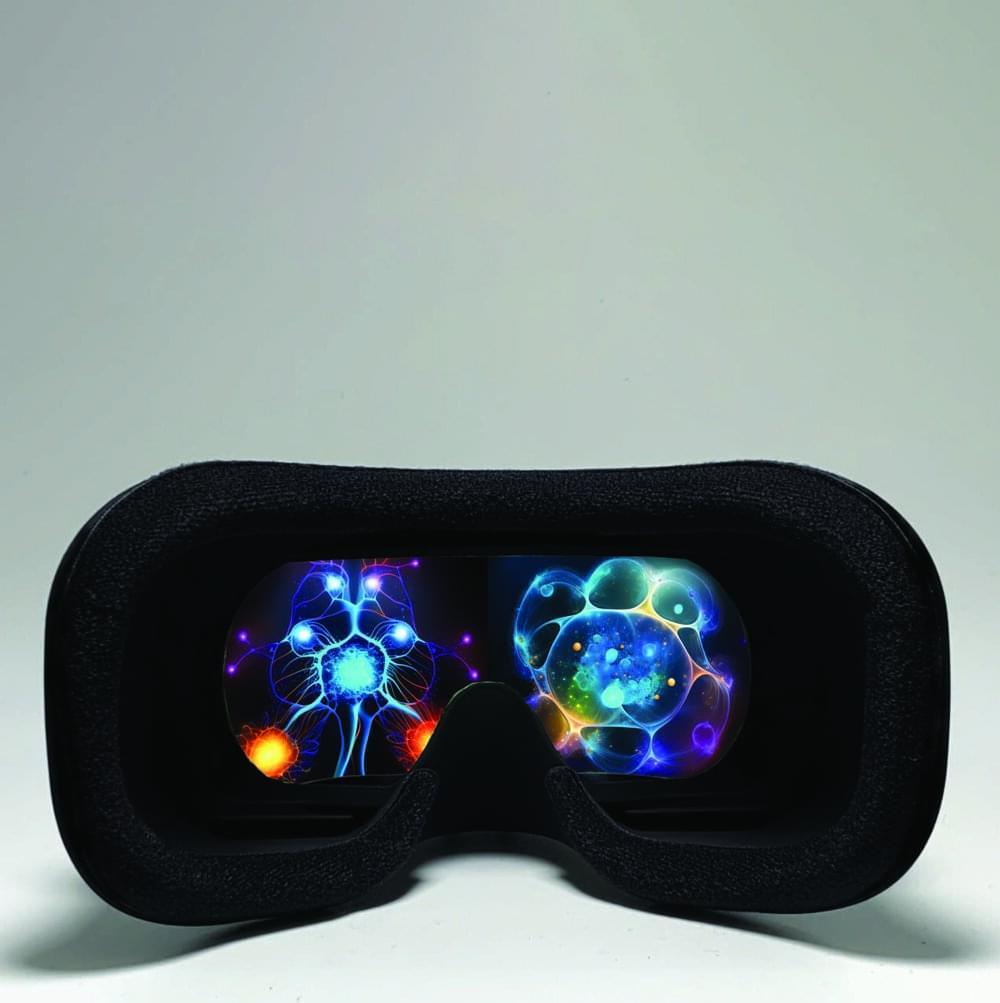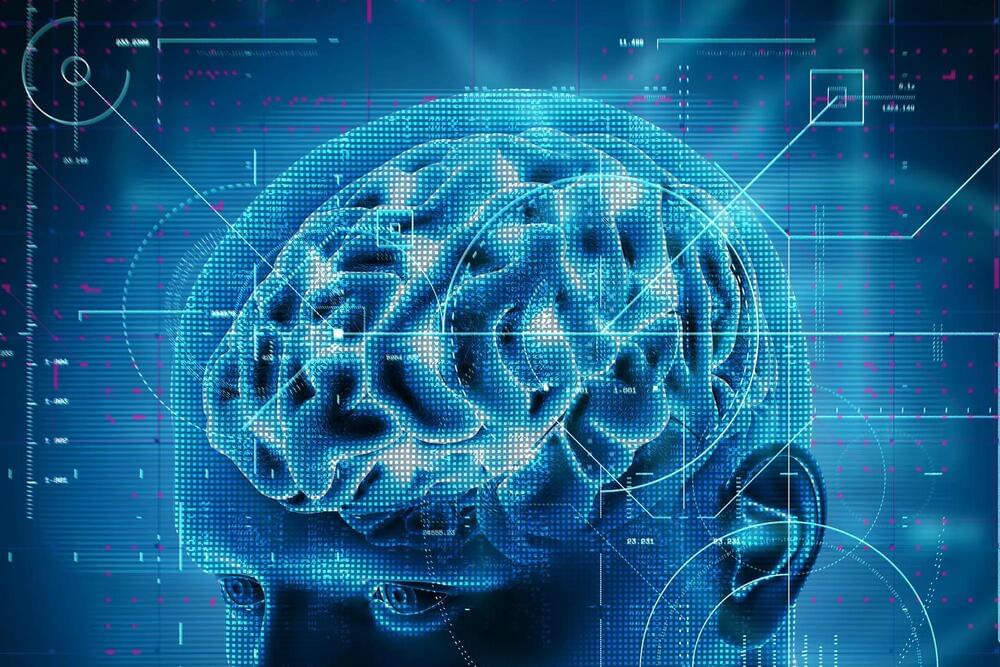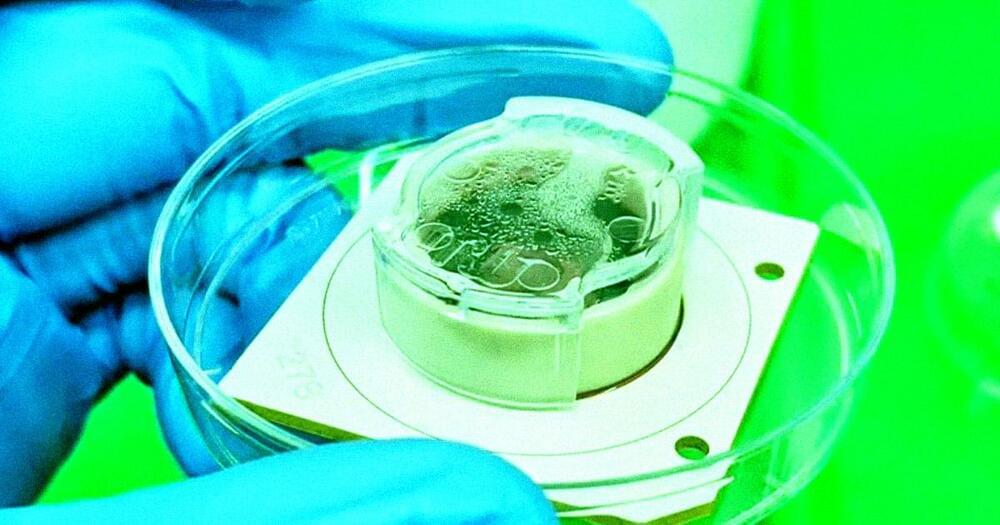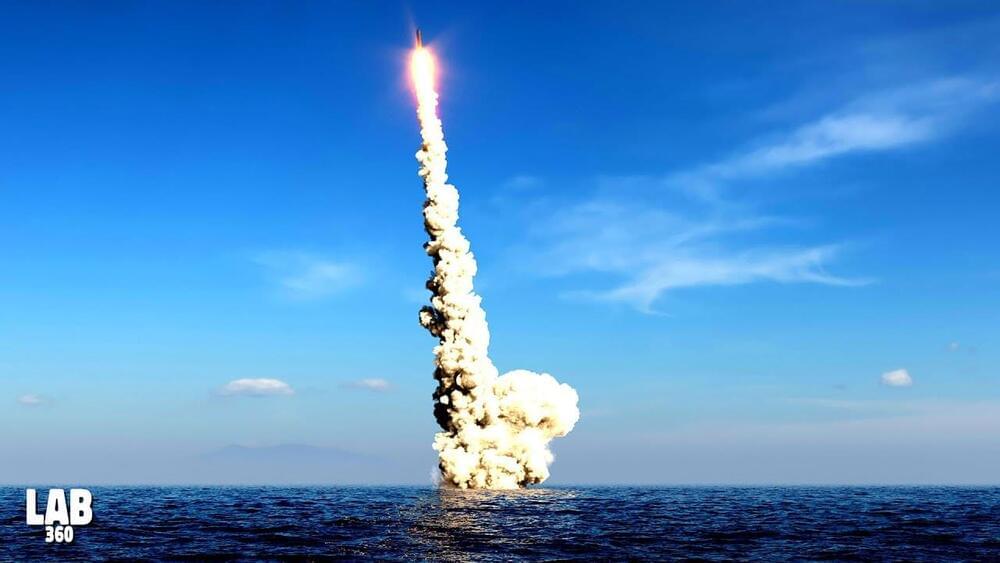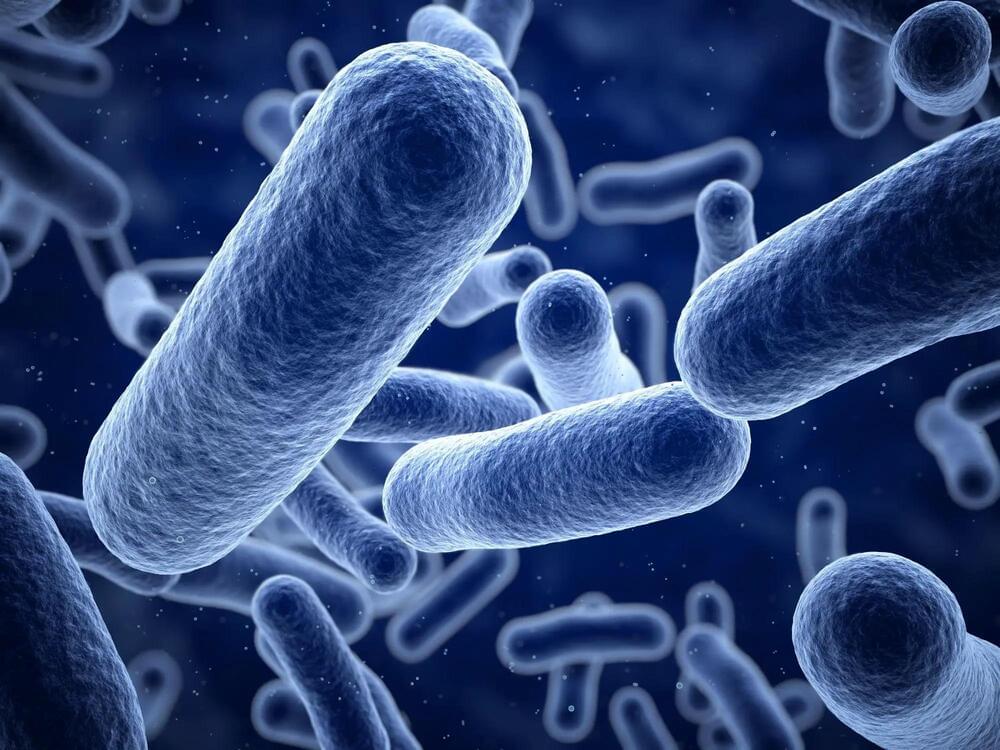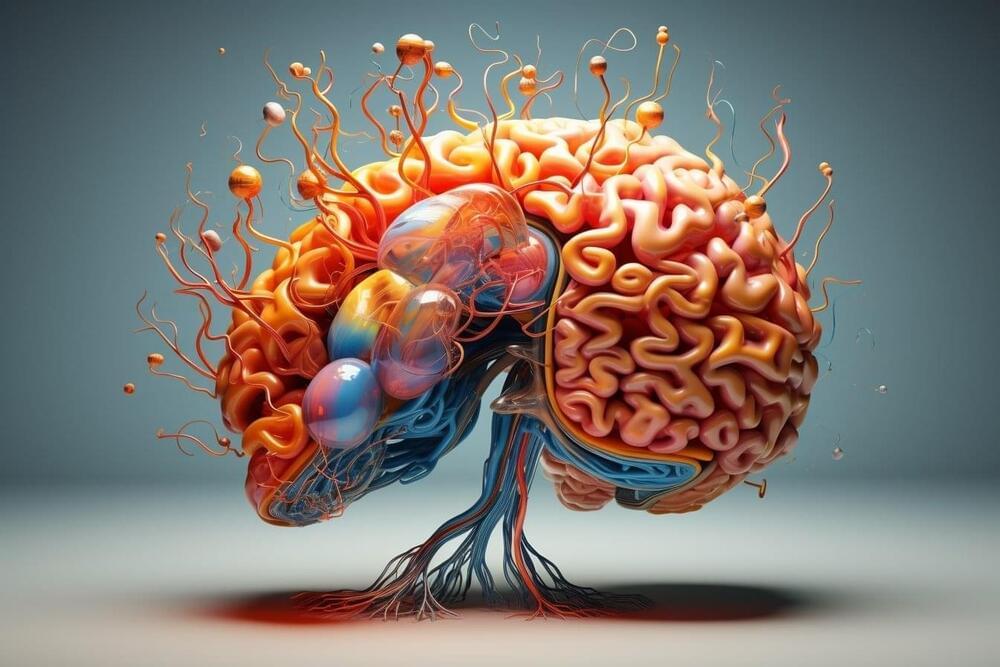Jul 24, 2023
How Oppeheimer Visualizes “Almost Magical” Shift “From Classic Physics to Quantum Physics”
Posted by Paul Battista in categories: cosmology, military, quantum physics
Similar to Interstellar, Oppenheimer (now in theaters) finds Christopher Nolan at his most abstract, with the director working overtime to ascribe a visual language to concepts just beyond our comprehension.
It wasn’t enough to simply make a biopic about the father of the atomic bomb — he needed to take us inside the extraordinary theoretical mind of J. Robert Oppenheimer (played in the film by Cillian Murphy) and show us the Big Bang-like birth of quantum physics and how it directly led to the creation of the atomic bomb.
RELATED: Oppenheimer’s Atomic Bombs Marked a New Geologic Age of Humans.
